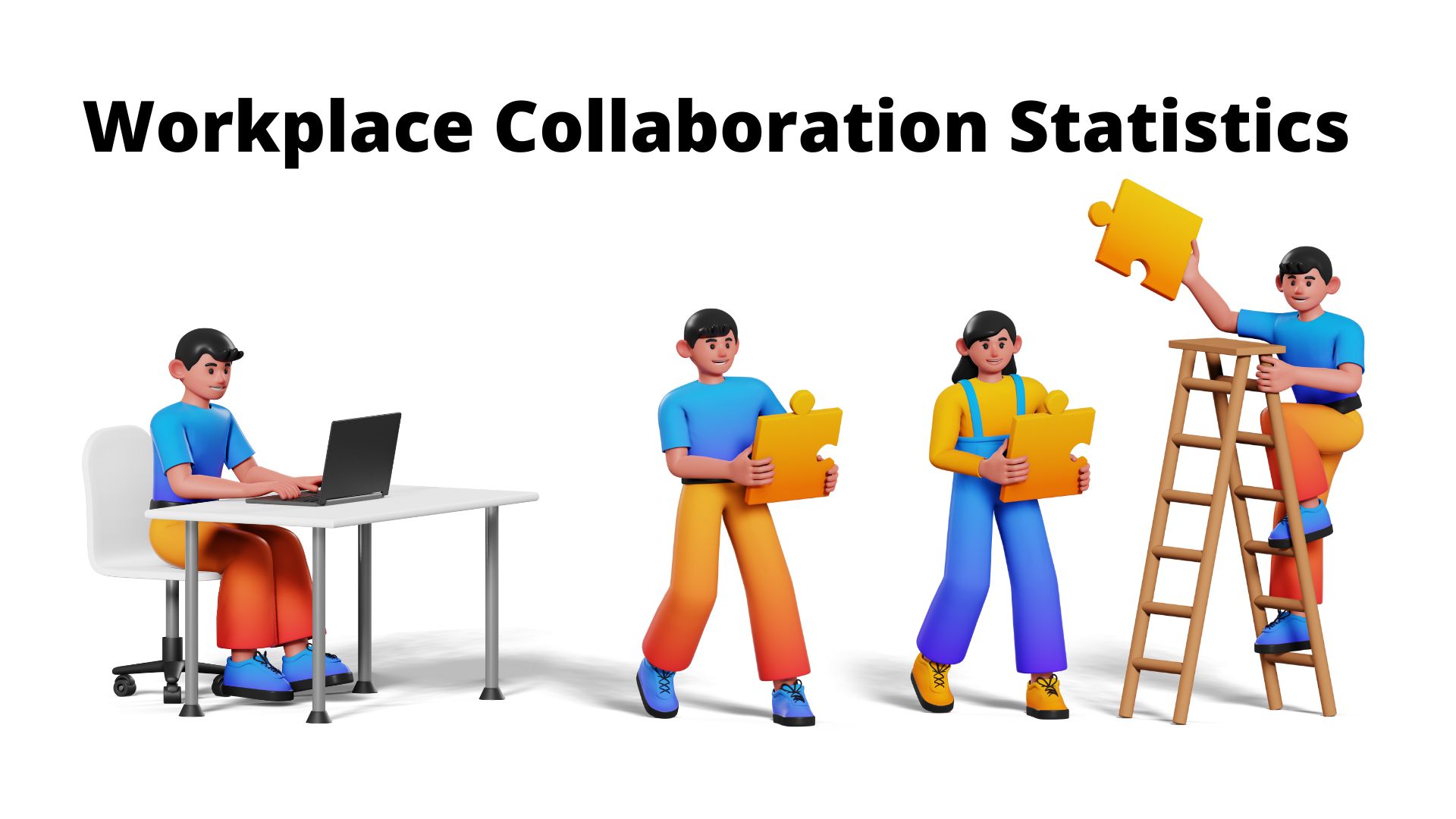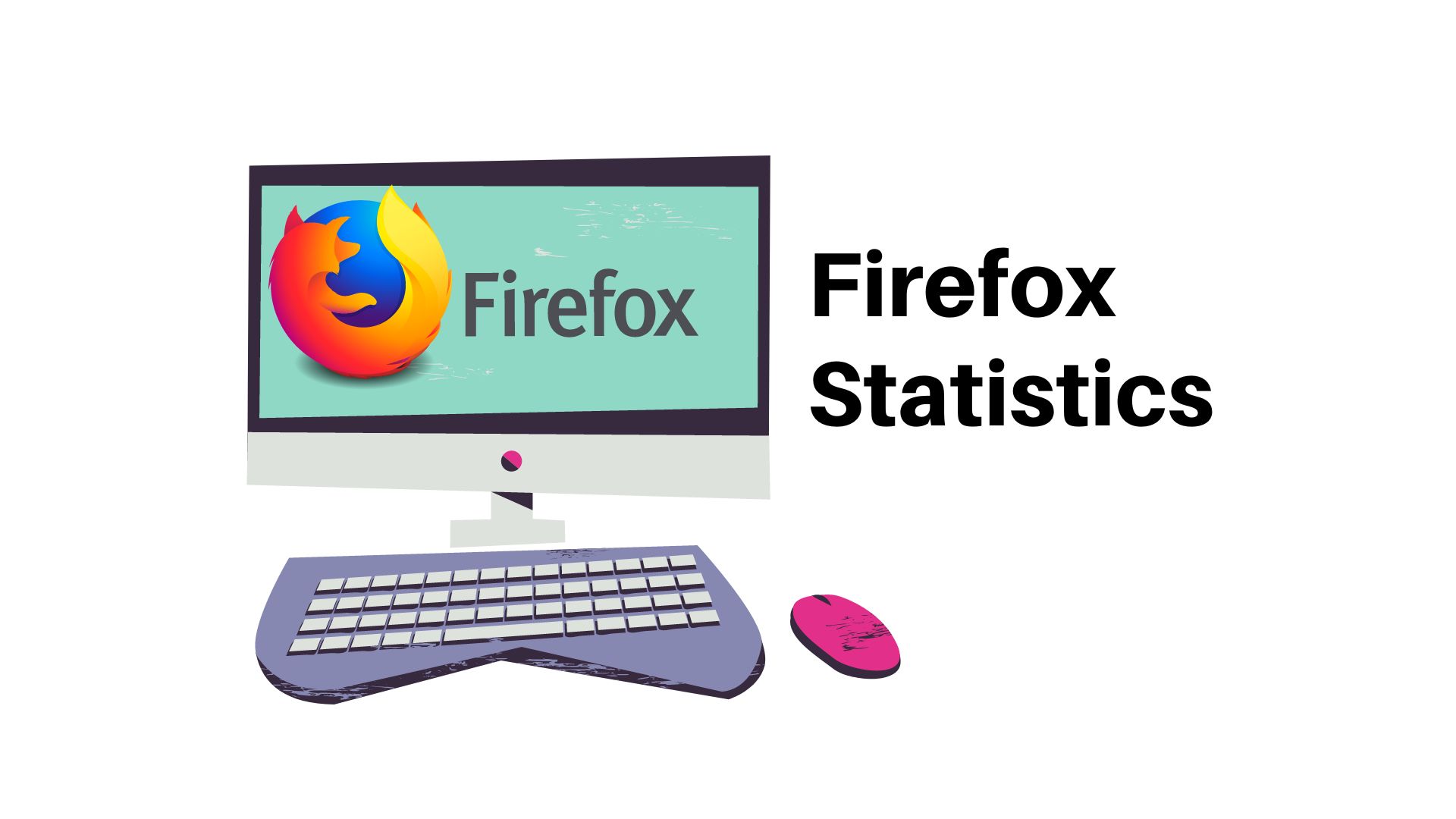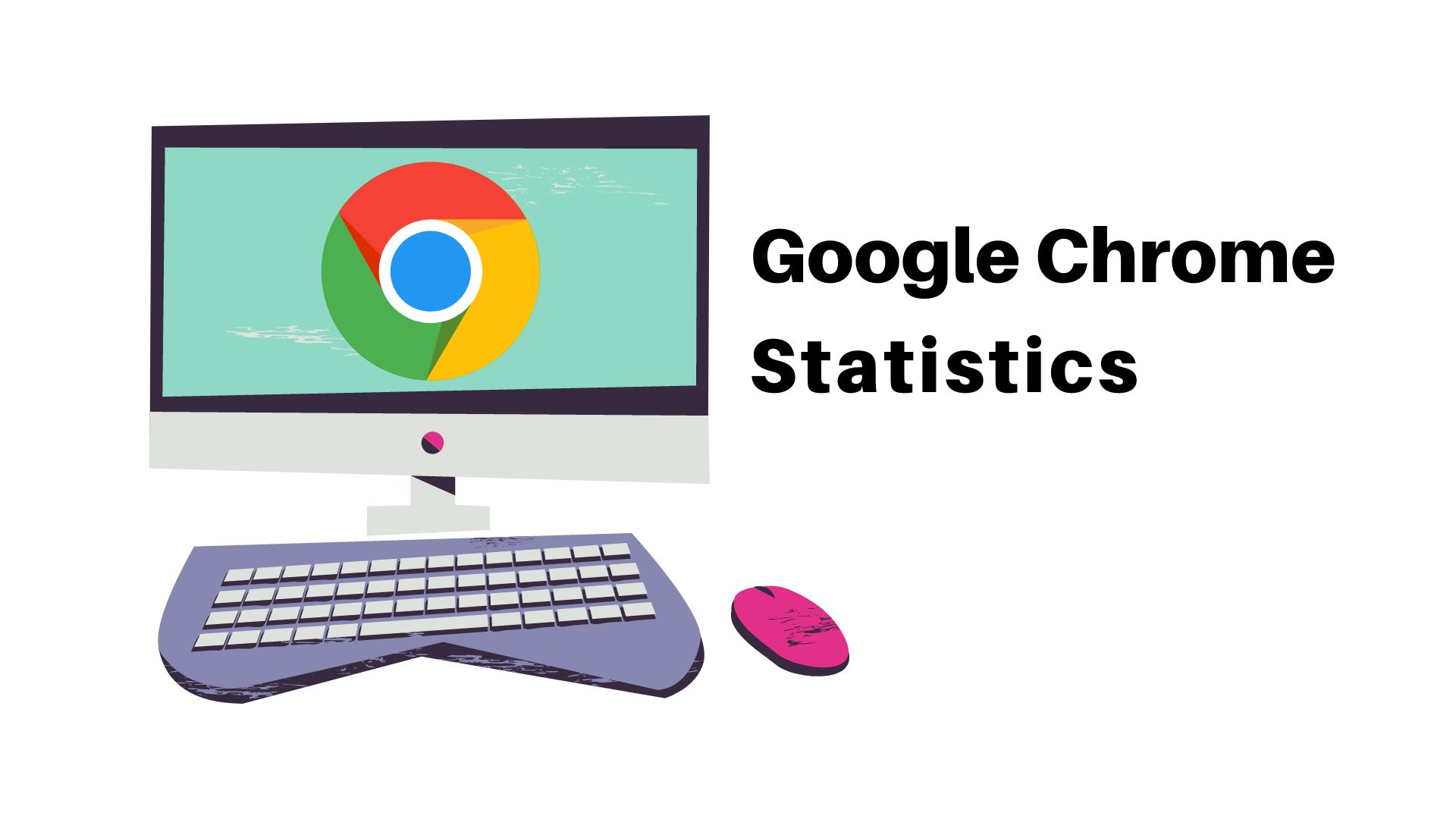Consumers Shop Online Despite Abundance of Problems
The second annual international study of online shopping by Consumers International, a global federation of more than 260 consumer organizations in 120 countries, found that Internet shoppers still cannot shop with confidence.
As part of the research, more than 400 orders for goods and services were placed by researchers from 15 consumer organizations in 14 countries. Six percent of the goods ordered failed to arrive, and in six of those cases, shops charged for goods that were never delivered.
In 16 cases (9 percent) where goods were returned, the retailer never sent a refund. In 17 percent of the cases where a refund was sent, it took more than 30 days to be credited.
The research also identified clear failures to comply with current laws and best practice guidelines. For example, one in five sites failed to give a clear total cost of the transaction. Less than half of the sites based in the European Union provided information to customers about their right to withdraw from a contract — a “cooling-off period” that is required by EU law.
One-quarter of the sites gave no information about their return policy and more than one-third of sites failed to make clear the countries to which they would and would not ship goods.
“Although there have been some improvements since 1999, business still has a long way to go both in reliable fulfillment of orders and in improving the information given on the site,” said Anna Fielder, director of the Office for Developed and Transition Economies of Consumers International. “Although the Internet offers advantages to consumers in terms of convenience and choice, a world where many goods fail to arrive and traders don't send refunds does not inspire confidence in consumers to shop online.”
Despite the problems cited by Consumers International, e-commerce continues to grow not only in the United States, the world's largest market for online shopping, but also in advanced European markets such as Germany and Britain.
In the first half of 2001, German consumers ordered 1.9 billion Euros worth of goods via the Internet, according to research by the GfK Group's Web*Scope panel. Online sales rose by more than 50 percent compared with the second half of 2000.
A total of 6.9 million people made an average of three online purchases in the six months, spending an average of 83 Euros per online purchase. Approximately half of the online shoppers used the Internet repeatedly during the six months. One in twelve German Internet users belongs to the group of “intensive buyers”, who make at least one online purchase a month.
German men more than women use the Internet for their shopping. The typical online consumer in Germany is 20 to 39 years old, tends to come from households with more than one person and has a high net income per household. Books and CDs continue to be the favorite products for online purchases. In terms of total sales, however, the strongest category is travel, with an average of 400 Euros being spent per booking, followed by PCs and PC accessories.
Data compiled from U.K. Internet users by NetValue found that just under half of U.K. visitors to a e-commerce sites (47.5 percent) made a secure connection in August. This compares with 41.8 percent by French visitors, 33.5 percent by Spanish visitors and 28.7 percent by German visitors. A secure connection is an indication that confidential information is being exchanged, such as the transmission of credit card details to a company online. The number of U.K. home Internet users making a secure connection to e-commerce sites increased by over half a million since May, from 4.4 million unique users in May to almost 5 million in August.
eMarketer estimates that U.S. B2C e-commerce revenues, which totaled $38.3 billion in 2000, will quadruple to $156 billion by 2005. eMarketer's eCommerce: B2C report also predicts the online buying population will continue to grow, reaching 79.3 million in 2001. Significantly, more and more of those
consumers are opting to buy from trusted names from the offline world.
Reprinted from CyberAtlas.

Michael Singer is a career coach, podcast host, and author to help you step into a career you're excited about. Currently, He is a coach and trainer helping entrepreneurs and executives achieve business and leadership success. He is also an award-winning business journalist focused on the intersection of technology, Big Data, Cloud, SaaS, SAP, and other trending technology.



